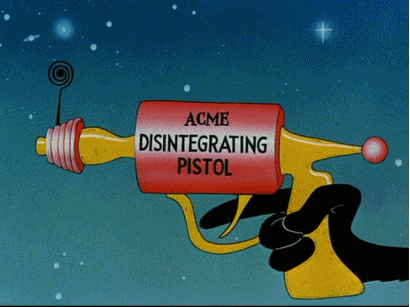This is the year of "disruptive leadership." Both of parties that comprise the dysfunctional false binary of American politics are wrestling with insurgencies from folks who aren't technically members of said parties. Sanders, after all, isn't a Democrat. And Trump? Lord, I don't even know what he is, other than possibly one of them thar signs o' the 'poacalypse John of Patmos was always ranting about.
When a system is stuck, what current conventional wisdom shares is that we need "disruptive" leaders. You've got to tear it all down, to shatter dysfunction, to blow it all up.
That, we are told, is what good leadership does. I hear that, particularly, in church circles, as yet another of the impossible list of expectations that are heaped onto pastors.
Here, though, I find myself doing an empirical-reality gut check. Because the call to disruptive leadership seems loudest and most clear in the portions of Christianity that are withering away.
Of course, one might say. That's necessary. You need to shatter a failed paradigm in order to make room to build a new one.
But leadership that conceptualizes itself as primarily disruptive has trouble with the "building" part. If your fundamental orientation is deconstruction, and the conceptual tools you apply to life are those that critique and tear down, you ain't gonna build nothin'. Just ain't gonna happen. When the only tool you've got in your toolkit is a wrecking ball, the best you can do with continued application of said wrecking ball is pound the rubble into finer and finer powder.
The goal, instead, is for a leader to articulate a vision that embraces and gives courage to the best graces and possible futures in a community. And sure, that disrupts what is. But it also works with the reality that leader is encountering. It reflects purpose, a purpose that is shared and spread.
Sure, things need to fall away for the new life to come into place. But the purpose of that act is not the disruption itself. It's just part of the integrative process of building up.
And for communities that serve the Way, at least, building up is far more important than tearing down. It is, in point of fact, the whole of our purpose.








